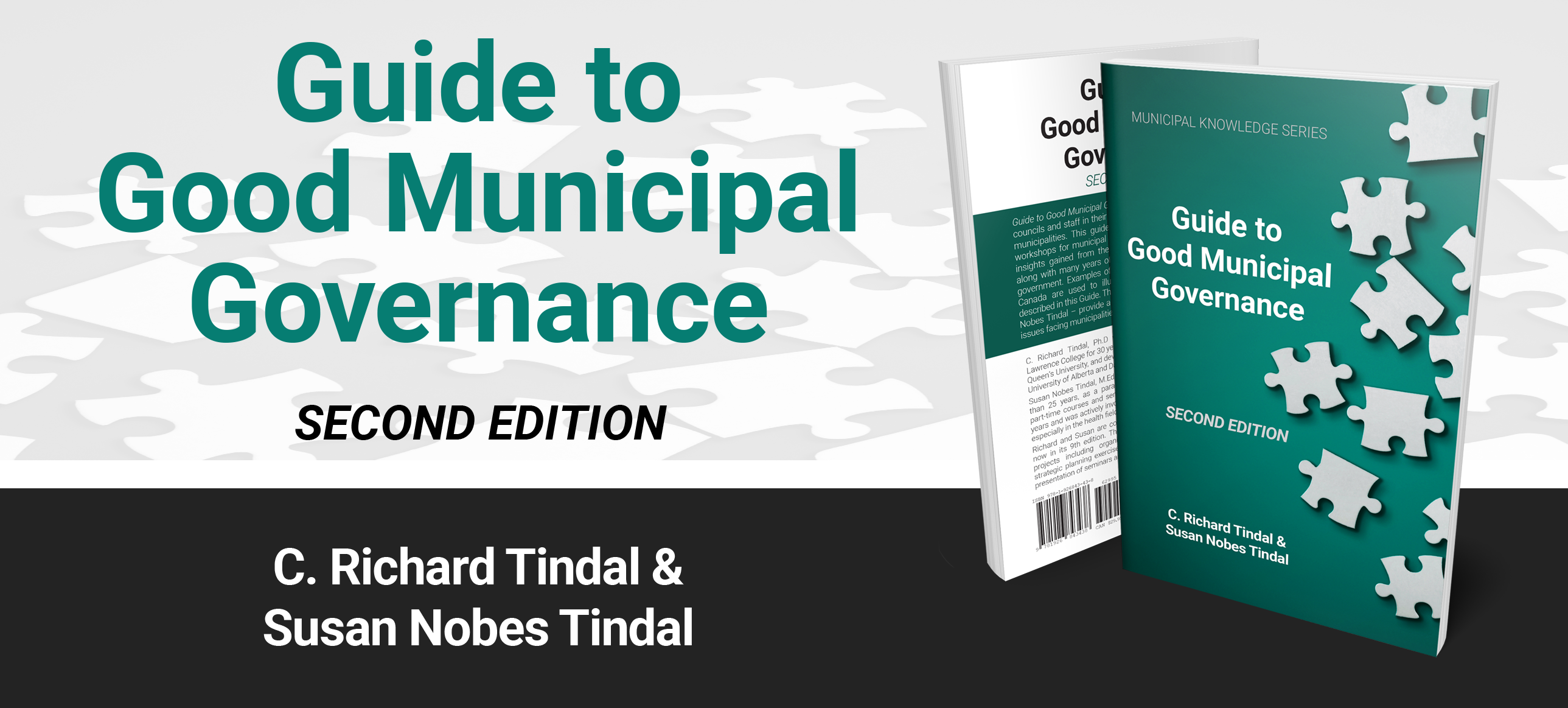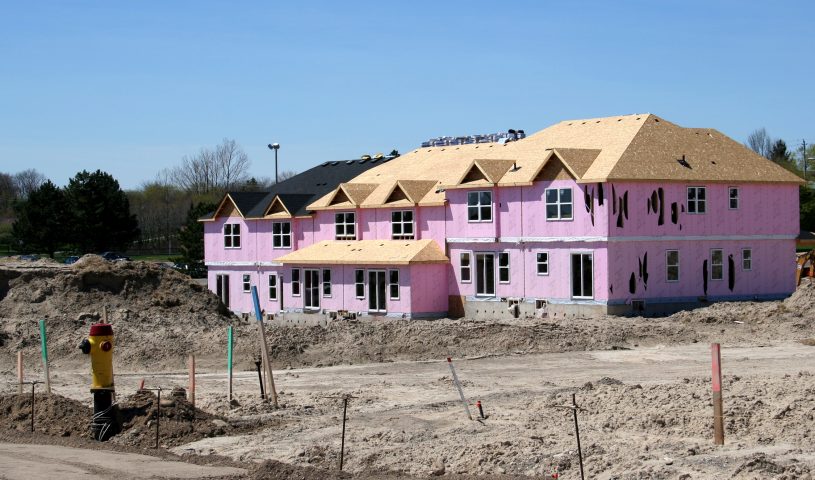Enforcing residential rental maintenance standards
 Ruined old house. Ruins of house made of shell rock, straw and clay in the village. Poor old village. old ruined country house.
Ruined old house. Ruins of house made of shell rock, straw and clay in the village. Poor old village. old ruined country house.
OAPSO training initiatives in place to help municipalities prepare
Schedule 5 of Bill 7, the Promoting Affordable Housing Act, 2016, amended the Residential Tenancies Act, 2006 (RTA) to require all Ontario municipalities to enforce residential rental maintenance standards as of July 1, 2018. Municipalities currently enforcing their own residential rental maintenance standards through local property standards by-laws are not affected by the RTA amendments. Approximately 143 municipalities across the province will be directly impacted by the amendment. The large majority of these municipalities will benefit from much-needed property standards training as they assume the new responsibilities of enforcement of local residential rental maintenance standards that come into effect July 1.
With the passing of the Ontario Association of Property Standards Officers Act, pursuant to Bill Pr22 back in June 1992, the Ontario Association of Property Standards Officers (OAPSO) became the sole authority with a legislated mandate to provide certification training for Property Standards Officers in Ontario. Since 1992, OAPSO has been recognized, province-wide, as the leading authority on property standards.
The OAPSO Certification Training Program has been delivered in many municipalities across the province and has educated, graduated, and certified over 875 enforcement experts, employed in various communities as Certified Property Standards Officers (CPSOs).
In support of the approximately 143 municipalities that will now assume rental maintenance standards enforcement, OAPSO is reaching out to municipal officials and offering the association’s experience and expertise to assist with the initial preparation stages for the upcoming changes – and beyond.
General property standards training and information sharing will be customized and delivered in various platforms, and will focus on areas such as: the advantages of passing a property standards by-law; the enforcement process; the Building Code Act, 1992, Property Standards Sections 15.1 to 15.8 inclusive; Property Standards Appeal Committee Training; property standards diagnostics; emergency orders; general powers and duties of an officer and the municipality; defect recognition and defect wording; and more.1
It is clear that, this summer, through the lens of property standards/maintenance, all municipalities in Ontario will have important responsibility for ensuring public safety, and maintaining the integrity of their communities. Indeed, local neighbourhoods are the reason why municipal by-laws exist in the first place. This, coupled with the transfer to municipalities of all property maintenance/formal complaint investigations involving rental accommodations (up until June 30, 2018, investigated by provincial officials) could spike municipal service requests measurably. This may create workload pressures for the 143 or so municipalities that will become the new authority for investigating property maintenance complaints within their jurisdiction.
Effective professional training remains one of the essential cornerstones to carrying out new responsibilities – and is the best way for municipalities to ensure that their staff are up to date on the latest requirements.
1 For more information on our training initiatives, visit our website: www.oapso.ca.
Italo Joe Luzi is the President of the Ontario Association of Property Standards Officers.
as published in Municipal World, July 2018



